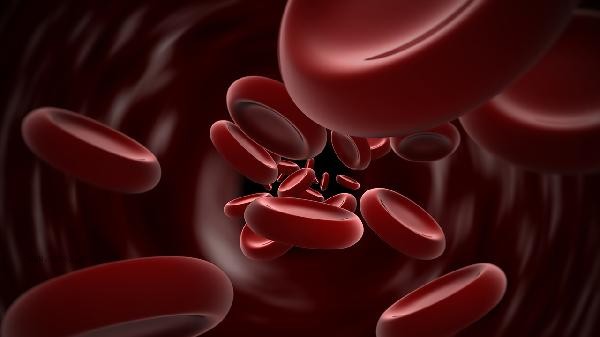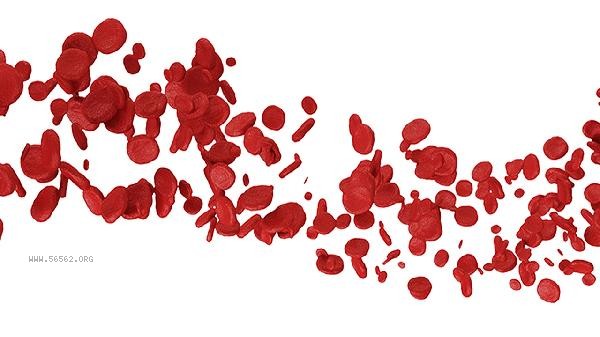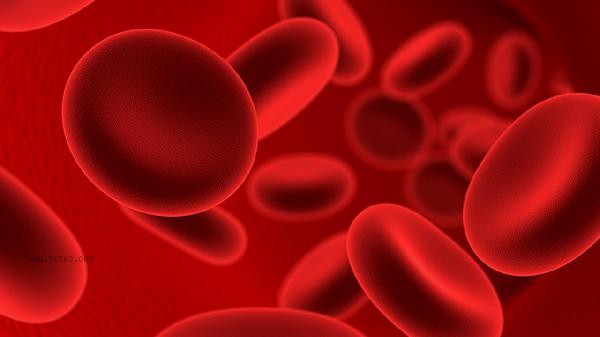Elevated red blood cells may be caused by physiological factors such as altitude sickness and dehydration, and may also indicate pathological problems such as polycythemia vera and chronic obstructive pulmonary disease. The main associated factors include blood concentration, hypoxia compensation, abnormal bone marrow proliferation, abnormal cardiopulmonary function, and tumor related diseases.

1. Blood concentration: When dehydration or extensive burns cause fluid loss, a decrease in water content in the blood will lead to a relative increase in red blood cells. Manifested as thirst, decreased urine output, and decreased skin elasticity. Correction can be achieved by supplementing electrolyte solution, but it is necessary to monitor urine specific gravity and hematocrit.
2. Hypoxia compensation: When smoking or living in high-altitude areas for a long time, the body will compensate by increasing red blood cells to improve hypoxia. Often accompanied by elevated hemoglobin and cyanosis of the lips. Smoking cessation, oxygen therapy, or gradual adaptation to altitude are necessary to avoid excessive increase in blood viscosity.
3. Abnormal bone marrow proliferation:
Bone marrow lesions such as polycythemia vera can lead to autonomous proliferation of red blood cells. Typical symptoms include skin itching, headache, and splenomegaly. JAK2 gene testing is required, using bloodletting therapy or drugs such as hydroxyurea to control cell proliferation.
4. Abnormal cardiopulmonary function:

Chronic emphysema, congenital heart disease, and other diseases cause long-term hypoxemia, which stimulates the secretion of erythropoietin. Often accompanied by difficulty breathing and clubbed fingers. The primary disease needs to be treated, and in severe cases, oxygen therapy or cardiac surgery correction may be necessary.
5. Tumor related diseases:
Tumors such as kidney cancer and liver cancer may secrete erythropoietin abnormally. Often accompanied by weight loss and local lumps. It is necessary to clarify the location of the tumor through imaging examination, and the red blood cell level can gradually return to normal after surgical resection. When the red blood cell count is consistently high, it is recommended to complete examinations such as arterial blood gas, lung function, and bone marrow puncture. Maintain a daily intake of 2000 milliliters of water to avoid dehydration after vigorous exercise. Residents in high-altitude areas can consume appropriate amounts of blood activating ingredients such as hawthorn and black fungus, and regularly monitor their blood rheology indicators. Smokers should gradually reduce their smoking volume, and patients with abnormal lung function need to undergo respiratory training to improve ventilation efficiency.










Comments (0)
Leave a Comment
No comments yet
Be the first to share your thoughts!